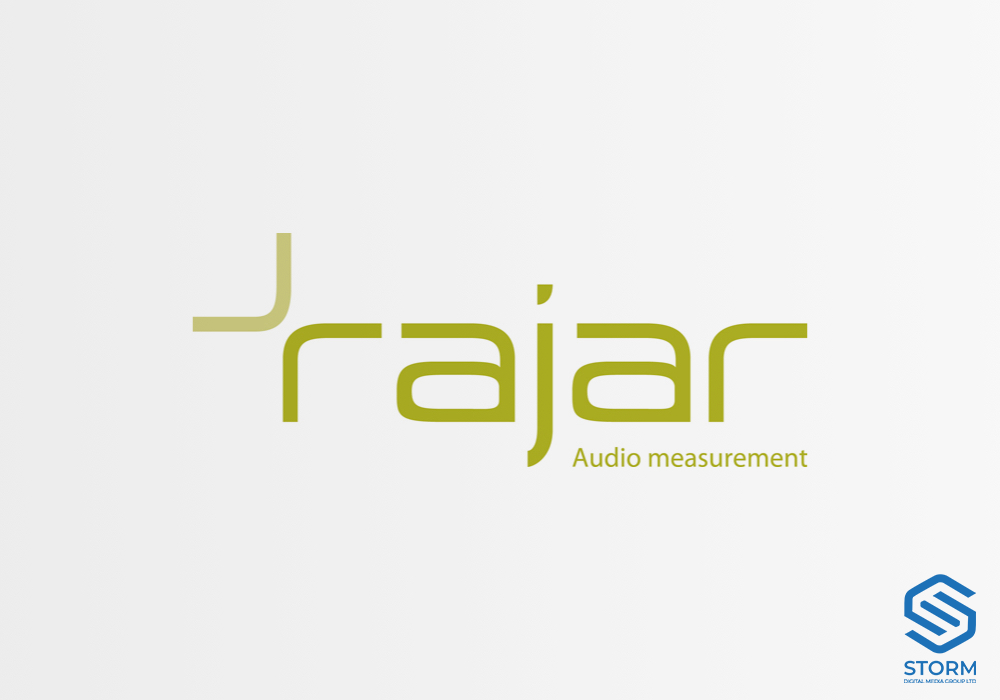Boom Radio is expressing its gratitude to the late Paul O’Grady for its latest surge in audience figures, as the station’s listenership doubled compared to the previous year. Currently, 635,000 adults tune in to Boom Radio on a weekly basis.
Phil Riley, the co-founder of Boom Radio, acknowledged the significant impact of Paul O’Grady’s Christmas special, which attracted record numbers of listeners and set the station on a positive trajectory for 2023. Riley extended his appreciation to Paul O’Grady and Malcolm, recognising their contributions to the success of Boom Radio.
In contrast, the BBC Local Radio network in England experienced a 7% overall decline in its audience. The network’s weekly reach decreased from 5.6 million to 5.2 million listeners. While some local stations saw an increase in listenership, others experienced a decline. Notable increases include BBC Essex and Three Counties, which both saw a 20% rise, while BBC Somerset recorded a 22% increase, and BBC Radio Northampton experienced a substantial 41% boost. Stations that witnessed a decrease in listenership include BBC Radio Oxford (-20%), BBC Radio Cambridgeshire (-14%), and BBC Radio Tees (-12%).
BBC Radio London’s reach also declined from 625,000 to 564,000 on a weekly basis, marking a 10% decrease.
On the commercial radio front, the latest RAJAR (Radio Joint Audience Research) results showcased record-breaking figures for Global (26.7 million), Bauer (22.4 million), and News Broadcasting (6.7 million). Commercial radio’s overall reach now stands at a record high of 38.7 million weekly listeners, surpassing the BBC’s audience by six million.
Interestingly, the share of commercial radio listening taking place on online platforms has surpassed analogue listening (AM/FM) for the first time. Online platforms now account for 28% of commercial radio listening, while analogue listening stands at 27%.
Global continues to dominate the commercial radio sector, with Heart, Capital, and Smooth ranking as the top three commercial radio brands in the UK. Global also holds the top three positions for commercial radio reach in London, with Heart, Capital, and LBC.
Bauer’s digital listening exceeds the industry average, reaching 77.7% compared to the average of 67.7%. Bauer boasts six of the top ten digital commercial stations, with Absolute Radio leading the pack. News Broadcasting maintains its position as the UK’s most digital broadcaster, with 86% of listening hours coming from digital platforms, including DAB (Digital Audio Broadcasting) and streaming.
Overall, total combined digital listening for radio stands at 68%, of which 39.8% is attributed to DAB and 24.4% to online streaming. Notably, smart speakers account for 14% of online listening time. The combined weekly audience for all BBC and commercial radio stations in the UK remains strong, reaching 49.4 million people, which represents 88% of the adult population.
The industry has reacted positively to the RAJAR results, acknowledging the growth and strength of radio and audio as a medium. Radiocentre’s CEO, Matt Payton, emphasized the industry’s momentum, attributing it to the investment and innovation of radio groups and stations across the UK. The continued growth of online and smart speaker listening highlights the importance of new legislation, such as the Media Bill, in safeguarding the future of UK radio.
Leading figures from Global, Bauer, News Broadcasting, and BBC Radio expressed their delight and gratitude for the exceptional results achieved by their respective brands. The positive figures reflect the dedication of their teams and the ability to deliver high-quality content that resonates with audiences.
Overall, the latest RAJAR results demonstrate the continued strength of radio as a medium, with commercial radio reaching new milestones and digital platforms playing an increasingly significant role. The industry remains focused on delivering engaging content and adapting to the evolving preferences of listeners, while recognising the importance of digital platforms and safeguarding the future of radio through legislative measures.





